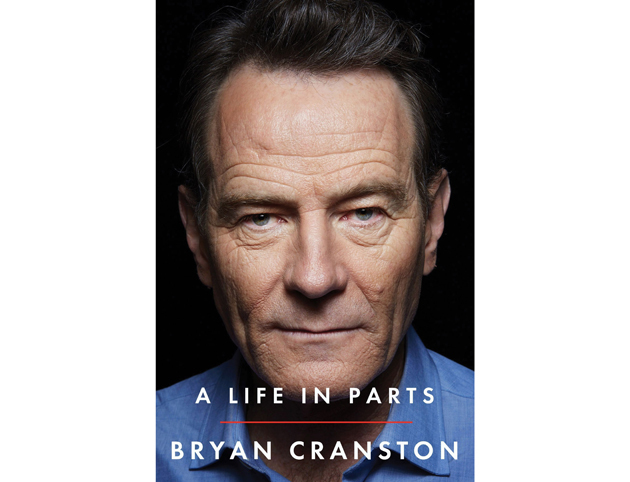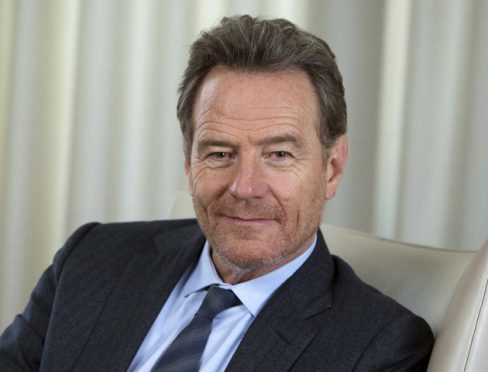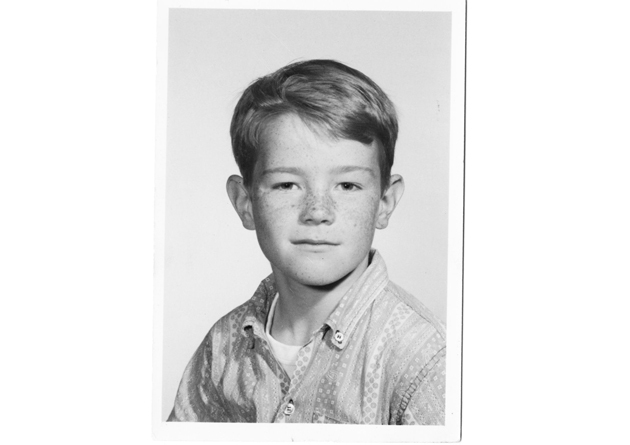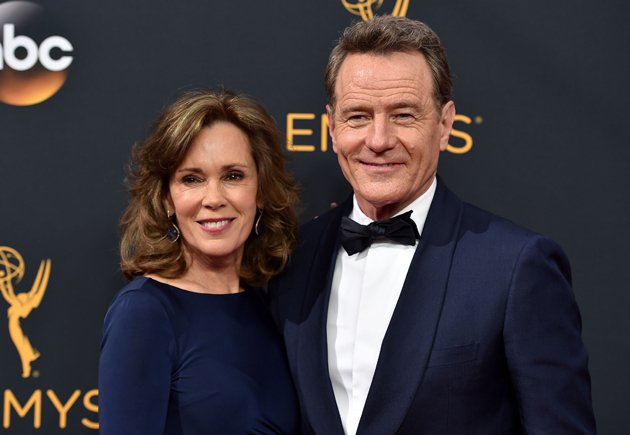Breaking Bad actor Bryan Cranston may have become a global star as anti-hero Walter White, but he’s managed to stay grounded amid the glitz and glamour of Hollywood.
But there was a time when the LA native almost became unhinged, when an ex-girlfriend started stalking him.
“From the beginning, ‘Ava’ gave me clear signs she was not emotionally well,” he recalls in his autobiography, A Life In Parts.
She refused to accept their relationship was over, but when he secured a job on a daytime drama in New York, he thought that would be the end of it. But Ava followed him there, dodging security to lurk in the shadows on the set.
“She was standing next to the camera, staring at me, arms folded, furious. I froze, too stunned to even acknowledge her.”
She later left sinister messages on his answer machine, saying, ‘You’re dead!’, and after a few more calls, he threatened to tell her mother – to whom she was very close – and send her the answer machine tape. At this point, Ava screamed that she was coming over to get the tape.
“I could have called the cops. I should have. I really can’t explain why I didn’t. But I wish I had.”
When she arrived, she started pounding on his door. Cranston admits he was terrified, crouching in his apartment. Then things became surreal, as he began to imagine himself opening the door in a calm, controlled manner, and gripping her by the hair.
“I slammed her head against the brick wall. Months and months of fury rippled throughout me and gave me an almost superhuman strength,” he writes in his book.
“But I was also surprisingly calm. I slammed her head against the wall with a metronomic consistency. Clumps of hair and bits of skin and brain matter stuck to the brick. Blood formed on the wall and then began dribbling to the floor. The screaming had stopped, of course.”
When he came out of his trance, he was still crouched on the floor and realised it was a dream. He heard her being taken away by police in the hall.
“I understood clearly, without question, that I was capable of taking a life. I understood that given the right pressures and circumstances, I was capable of anything,” he writes.
Recalling the event today, the genial, laid-back actor, 60, says: “It scared me. She frightened me. At first, I was embarrassed to even admit that, because I was a young, strong man and she was barely 5ft 1in, weighed about 100lbs.
“I used the fear and anger that was created at that time to channel into my characters.”
Cranston – who became a familiar face to many in hit sitcom Malcolm In The Middle, before being propelled to far greater heights after landing the starring role in blockbuster TV series Breaking Bad in 2008 – has had years of therapy for a variety of issues, including anger.
“I’d had a marriage that didn’t work out [his first marriage to writer Mickey Middleton in his 20s was short-lived], I had anger and resentment issues which had to be tied into my childhood. I remember my dad hitting people.
“I sometimes feel like I want to hit someone. I don’t think it’s very unique. A lot of men have that kind of under-the-surface rage or aggression.”
Born in Los Angeles, the son of actors Joe Cranston and Audrey Sell, his father wanted acting success more than anything but never made it, which affected the family in many ways.
His parents split up when Cranston was 12. Joe went to live with another woman, which Audrey never really recovered from. She descended into alcoholism, was married four times, but never found true happiness.
Cranston had no contact with his father for the next decade.
“It was never explained to us why he left. The only thing my mother said was, ‘He had to be a star and he wasn’t a star’. That destroyed him. We took that as gospel and just moved on. There was also a feeling that it was his decision, so he didn’t want to be with us.”
Ten years later, he and his brother Kyle contacted their father, on the premise that they wanted to get into the acting business and were seeking his advice.
“There was a big gap of trust and all those things. He didn’t want to talk about it much. I came to not expect more than that.”
Cranston approached his work differently to his father. He wanted to act, but didn’t aspire to massive adulation.
“The lesson of life is moderation. If you set yourself up to achieve the highest of the high and fall anywhere short of that, you’re going to be disappointed. It didn’t make much sense to me to set yourself up to fail.”
Later on, Cranston and his two siblings, Kyle and Amy, all sought therapy, and Cranston and his second wife Robin Dearden, with whom he has a daughter, Taylor, sought marriage guidance counselling before tying the knot.
“For Robin and I, we made a pact when we were dating that if either one of us wanted to go in and talk to a therapist there’s no discussion, or argument.”
They still have therapy spasmodically.
“It’s almost always from Robin, saying, ‘We need to go’. I’m often saying, ‘Really, why?’ I might say, ‘I’ll probably just listen because I don’t have anything to say’, but every time, without exception, I’ll engage, and pretty soon both of us are involved. And every time, we’ve always left there holding hands and just a little bit closer. We’ve been married 27 years and therapy has definitely helped secure our happy marriage.”
He says the success of Breaking Bad has changed him.
“I don’t know if it’s the series or the celebrity which has changed me. I guess you can become famous through other means, but it did change me and not all in good ways.
“My personality has changed. I’m more reclusive. I used to be a lot more outward, but that draws too much attention. Because my work is so social, I seek privacy and solitude, which is one of the reasons I was interested in writing this book.
“I was able to continue to create something, but in solitude. I could be alone and still create.”
He is recognised everywhere he goes.
“There are levels of attention and fame. Look at Taylor Swift or Lady Gaga or the Kardashians. I don’t know what that level is, and have no desire to see what that’s like.
“I prefer to have my work speak for me. I’m not one who seeks attention in that regard. Because of the success of Breaking Bad and Malcolm In The Middle before that, I have tremendous opportunity that had I not been a TV star, I wouldn’t have.
“I’m taking advantage of those opportunities. There will be a time when the attention on me is going to wane – and I don’t mind seeing that time. It’s like enjoying a ride, but at some point, you get off.”
His new film, a comedy Why Him?, which sees Cranston play an overprotective father who challenges his daughter’s choice of boyfriend, is set for release at the end of December.
But he still thinks Breaking Bad was his finest moment.
“Breaking Bad is the best role I ever had and ever will have, but that’s OK. Dr Seuss said ‘Don’t cry because it’s over, smile because it happened.’ And that’s a great philosophy to have.”

A Life In Parts by Bryan Cranston is published by Orion


